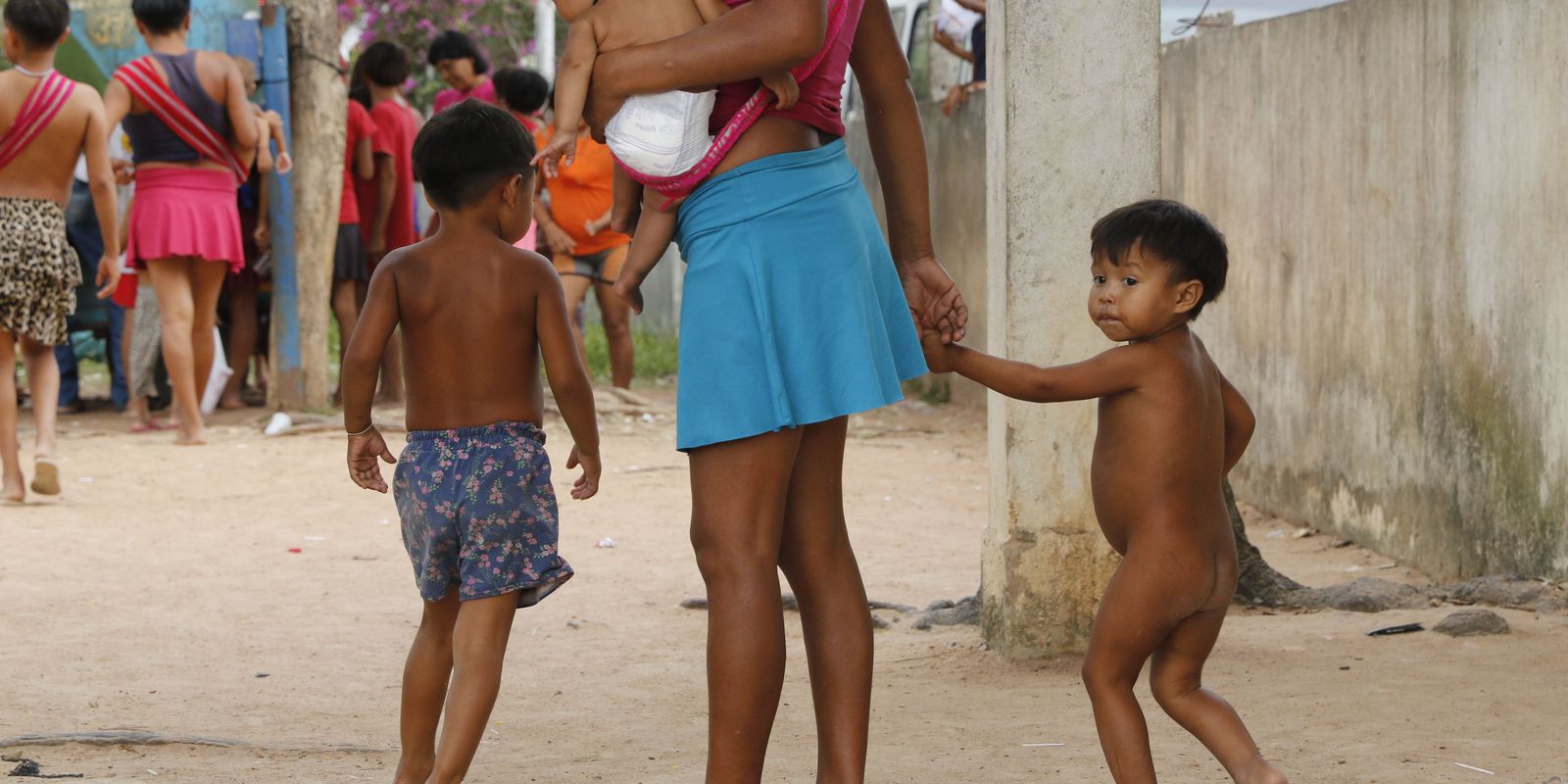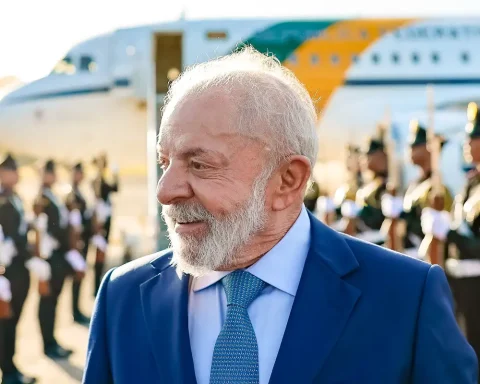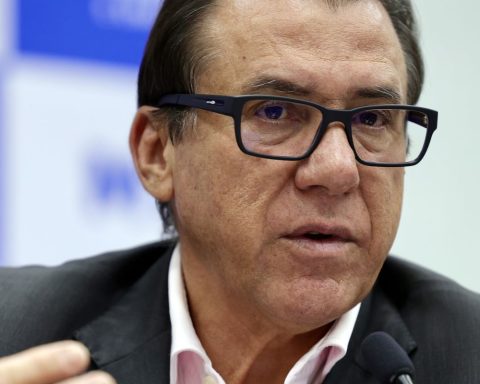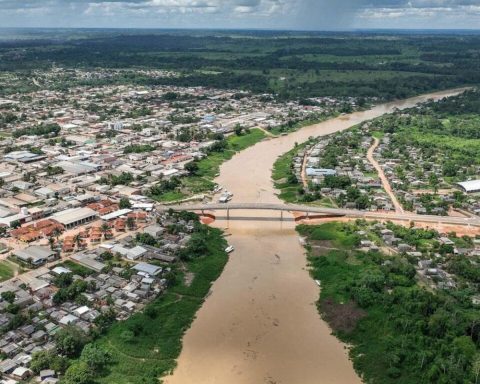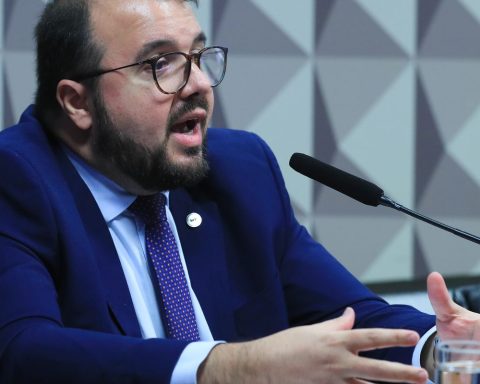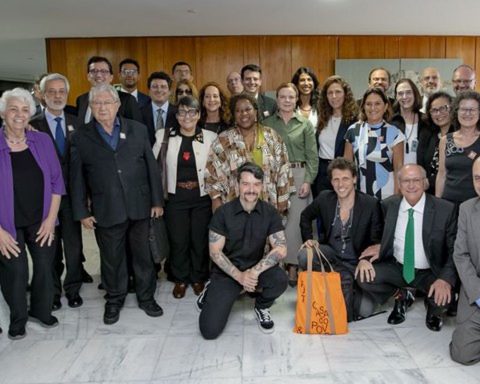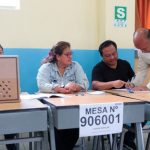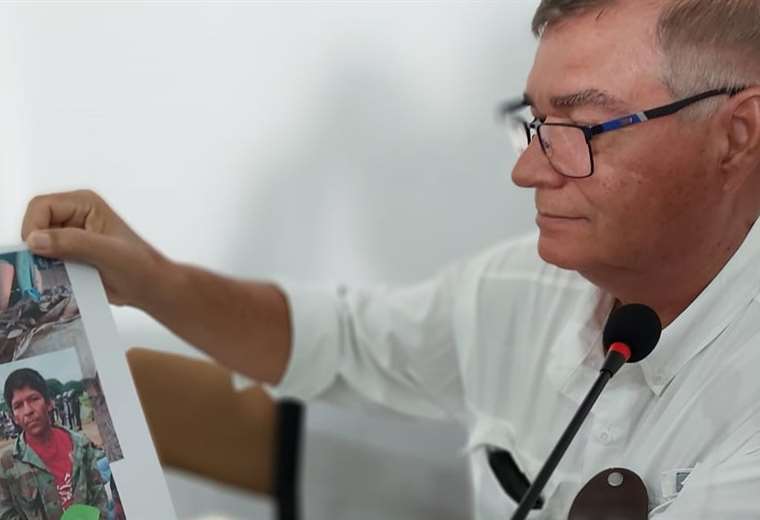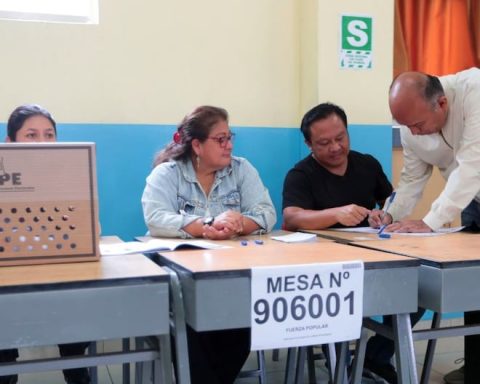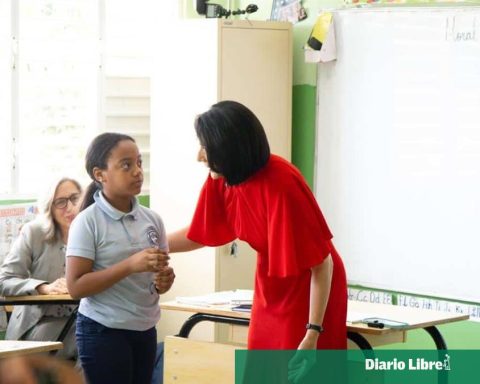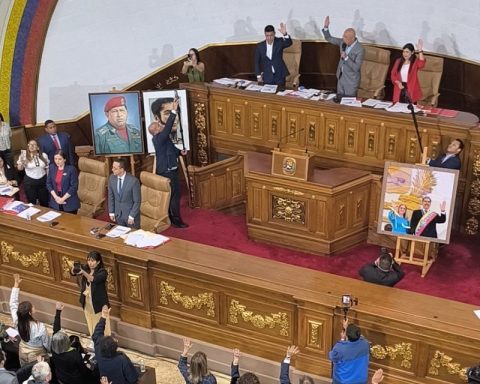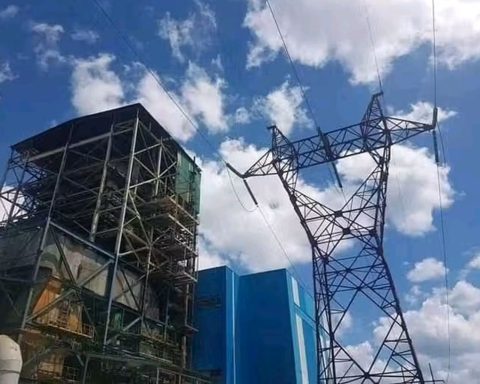The creation of the Ministry of Indigenous Peoples and the leadership of the National Foundation for Indigenous Peoples (Funai) by a woman mark the National Day of the Struggle of Indigenous Peoples, celebrated this to haveTuesday (7). The date was created in 2008 as a way to give visibility to debates on important agendas of these peoples.
For the Minister of Indigenous Peoples, Sônia Guajajara, there is a humanitarian crisis in Brazil. She cited as causes the invasions of territories, deforestation, illegal mining, lack of adequate assistance in health and sanitation, among others.
“It is no longer possible for us to coexist with indigenous peoples subjected to all sorts of ills, such as malnutrition in children and the elderly, malaria, rape of women and girls and high rates of suicide. President Lula, I dare say, without exaggeration, that many indigenous peoples live true humanitarian crisis in our country and now I’m here to work together, to end the normalization of this unconstitutional state that has worsened in recent years,” said Guajajara, the first indigenous woman to hold a ministerial position, on the day of her inauguration.
She has followed the interministerial actions that try to contain the humanitarian crisis involving the Yanomami people. Affected by the presence of illegal mining on their lands, the indigenous people face cases of malnutrition and diseases such as malaria and pneumonia, a historical situation that has worsened in the last four years.
According to Guajajara, intelligence sectors of the federal government and the indigenous movement identified the prospectors escape of the Yanomami Indigenous Land, in Roraima.
“We have this information that many prospectors are leaving. But it’s good that they leave, because that way we even reduce the operation that needs to be carried out to remove 20,000 prospectors, [o que] it takes a while”, said the minister, in an interview. “It is important to say that, for us to be able to get out of this health emergency situation, it is necessary to fight the root, which is illegal mining. It is not possible that 30,000 Yanomami continue to live together with 20,000 prospectors within their territory,” she said.
Currently, the Casa de Saúde Indígena (Casai), in Boa Vista, has 601 Yanomami, including patients and their companions. In addition, 50 indigenous people are hospitalized at the Hospital Geral de Roraima (HGR) and Hospital da Criança Santo Antonio (HCSA), both in Boa Vista. There are two teams made up of professionals from the National Force of the Unified Health System (SUS), one in Auaris and the other in Surucucu, where an average of 60 to 70 consultations are carried out daily.
Reconstruction
Upon taking office as president of the National Foundation for Indigenous Peoples (Funai), Joenia Wapichana promised rebuild the body and praised the fact that Funai was under the command of indigenous people for the first time.
“This is the first step we have to take. Reorganize Funai. Strengthen, seek budget, ”he said. The president also cited the lack of public servants and the stock of lawsuits accumulated in recent years as challenges for the body.
“All this path that we have traveled until today to get here has been long and much suffered. Many lives were lost along the way and are still being lost. We went through years of dismantling, scrapping, devaluing public servants,” declared Wapichana.
Ambivalence
For the legal coordinator of the Articulação dos Povos Indígenas do Brasil, Maurício Terena, the date is “ambivalent” because these peoples are experiencing a significant moment in relation to Brazilian policies for the area.
“I say that it carries a feeling of ambivalence because, while we are happy with [as novas interlocuções para os povos indígenas]we have also witnessed the situation of the Yanomami, who have been suffering a humanitarian crisis since 2020. I think it is extremely important to emphasize the articulation of the indigenous peoples, who had already been denouncing the gold mining invasion within the Yanomami Territory”, he said.
According to Terena, the administration of Jair Bolsonaro promoted “a disruption of the bodies responsible for indigenous peoples”. Among the points highlighted by the coordinator, such as scrapping public policies, is the weakening of Funai and the fall in the budget allocated to the area.
Sepé Tiaraju
The National Day of Struggle of Indigenous Peoples has been celebrated since 2008. The chosen date is a tribute to the Guarani Sepé Tiaraju, a warrior killed in february 7th of 1756 during the historic Battle of Caiboaté, in São Gabriel (RS).
The reason for the conflict was the Treaty of Madrid, which established new borders between the colonies of Spain and Portugal and, consequently, determined the evacuation of the population living in the Guarani Republic, in the Missions region, covering what is today western Rio Grande do Sul, northern Argentina and Paraguay. Like Sepé, around 1,500 indigenous people were killed in the battle. However, his body was not found and thus the myth was born that the hero would have ascended to heaven, becoming a saint.
In 2017, the Vatican authorized the start of the Guarani canonization process to officially become a saint. The canonization is currently in the beatification phase and could take a few years to complete.
*With information from the Senate Agency
